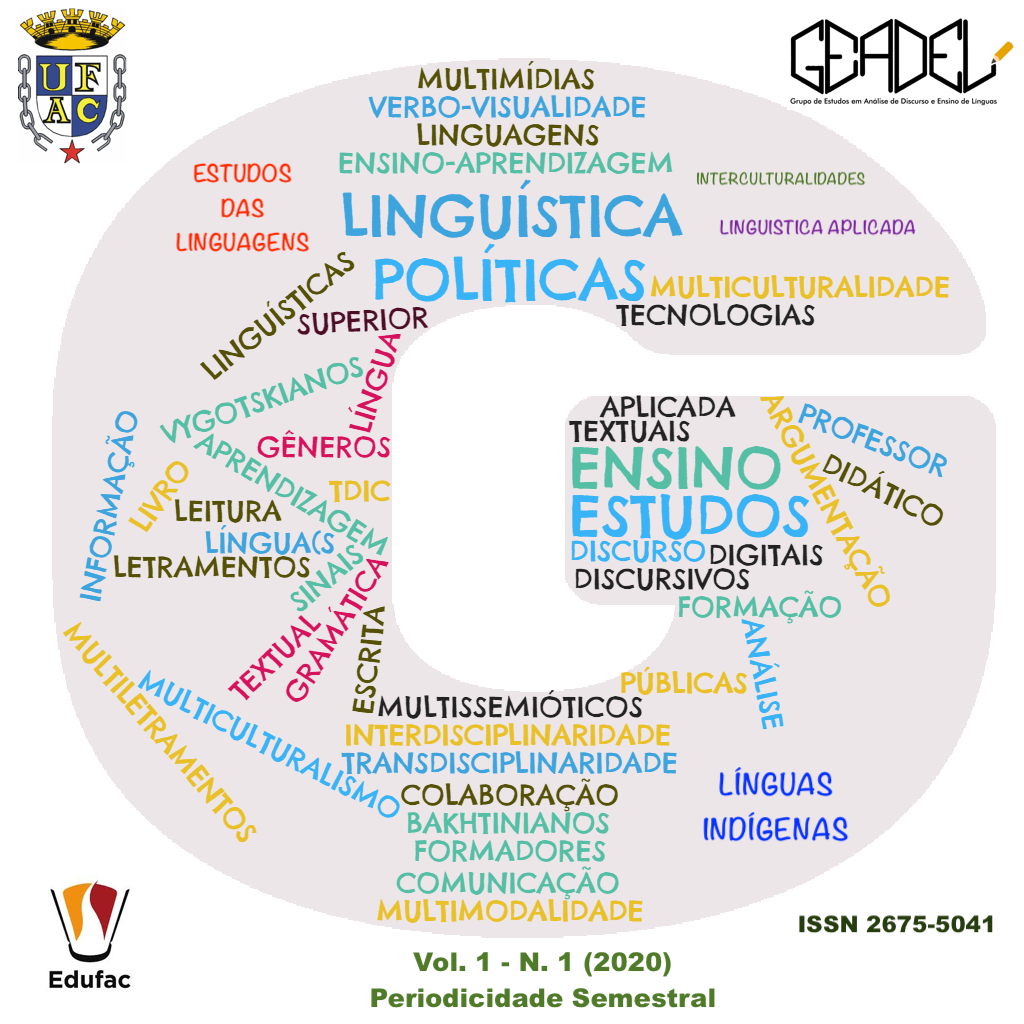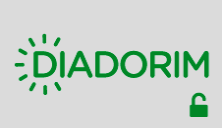REDES DIGITAIS DE APRENDIZAGEM E COMPLEXIDADE NO ENSINO-APRENDIZAGEM ON-LINE DE INGLÊS
Digital learning networks and complexity in online English language teaching and learning
Keywords:
Ensino-aprendizagem de inglês; redes digitais de aprendizagem; complexidade.Abstract
This paper aims at presenting an interpretation, grounded on the concepts of digital learning networks (CASTELLS, 2003; GOMEZ, 2004; HARASIM et al., 2005; KADUSHIN, 2012) and complexity (MORIN, 2015), of the interactions established among English language students in an online workshop that took place on Google Classroom as a complement to face-to-face classes. This interpretation was carried out by means of quantitative analysis by observing graphs that represent the flow of posts made by students and teacher in the discussion forum, as well as by means of qualitative interpretations of post scripts. The study tried to understand aspects of such interaction that could contribute to improving the development of virtual activities, aiming at promoting English language teaching and learning experiences that may be more significant to students and that promote their more active participation in the teaching and learning process.
Downloads
References
CASTELLS, M. Comunidades virtuais ou sociedade de rede? In: A galáxia da Internet: reflexões sobre a Internet, os negócios e a sociedade. Trad. Maria Luiza X. de A. Borges. Rio de Janeiro: Jorge Zahar, 2003. p.98-113.
GOMEZ, M.V. Concepções de rede. In: Educação em rede: uma visão emancipadora. São Paulo: Cortez: Instituto Paulo Freire, 2004. p.27-56.
HARASIM, L. et al. Redes de aprendizagem: um guia para ensino e aprendizagem on-line. São Paulo: Editora Senac, 2005.
KADUSHIN, C. Understanding social networks: theories, concepts, and findings. New York: Oxford University Press, 2012.
KENSKI, V.M. Educação e Internet no Brasil. Cadernos Adenauer XVI [Internet] 3, 2015, p.133-50. Disponível em: <http://www.pucrs.br/famat/viali/doutorado/ptic/textos/Kenski.pdf>. Acesso em: 24 maio 2020.
LAVE, J.; WENGER, E. 1991. Situated learning: legitimate peripheral participation. Cambridge: Cambridge University Press.
LEFFA, V.J. A aprendizagem de línguas mediada por computador. In: LEFFA, V. (org.). Pesquisa em linguística aplicada: temas e métodos. Pelotas: Educat, 2006. p. 11-36.
LEFFA, V. Redes sociais: ensinando línguas como antigamente. In: ARAÚJO, J.; LEFFA, V. (org.) Redes sociais e ensino de línguas: o que temos de aprender? São Paulo: Parábola, 2016. p.137-153.
MORIN, E. Introdução ao pensamento complexo. Tradução Eliane Lisboa. 5ed. Porto Alegre: Sulina, 2015a.
MORIN, E. Ensinar a viver: manifesto para mudar a educação. Tradução Edgard de Assis Carvalho e Mariza Perassi Bosco. 5 ed. Porto Alegre: Sulina, 2015b.
SANTAELLA, L.; LEMOS, R. Redes e sistemas. In: Redes sociais digitais: a cognição conectiva no Twitter. São Paulo: Paulus, 2010.
WEISSHEIMER, J; LEANDRO, D.C. Facebook e aprendizagem híbrida de inglês na universidade. In: ARAÚJO, J.; LEFFA, V. (org.) Redes sociais e ensino de línguas: o que temos de aprender? São Paulo: Parábola, 2016.
Downloads
Published
How to Cite
Issue
Section
License
Os autores concedem à revista todos os direitos autorais referentes aos trabalhos publicados. Os conceitos emitidos em artigos assinados são de absoluta e exclusiva responsabilidade de seus autores.





